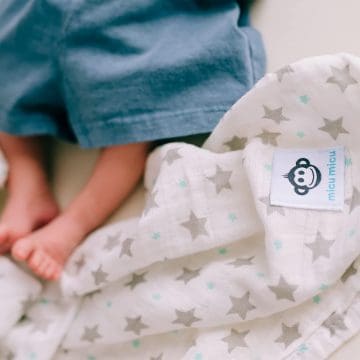
Choosing Safe and Eco-Friendly Toys for Your Child’s Development
Introduction:
Toys play a crucial role in your child’s development, providing entertainment, stimulation, and opportunities for learning. As parents, it’s important to choose toys that not only support your child’s growth but also prioritize their safety and the well-being of the planet. In this blog post, we will explore the importance of selecting safe and eco-friendly toys and provide tips for making informed choices that benefit both your child and the environment.
- Safety First:
When choosing toys, prioritize safety by selecting products that meet relevant safety standards. Look for labels such as ASTM F963 (for the US) or the European EN71 standard (for Europe). Ensure that toys do not contain small parts that pose choking hazards and that they are free from harmful chemicals like lead, phthalates, and BPA. - Choose Natural and Non-Toxic Materials:
Opt for toys made from natural and non-toxic materials. Look for wooden toys made from sustainably sourced wood, as they are durable, tactile, and safe. Avoid plastics whenever possible, but if you choose plastic toys, ensure they are labeled as BPA-free and phthalate-free. - Eco-Friendly Materials and Packaging:
Consider toys made from eco-friendly materials like organic cotton, bamboo, or recycled plastic. These materials are more sustainable and reduce the environmental impact of toy production. Also, look for minimal or recyclable packaging to reduce waste. - Stimulate Imagination and Creativity:
Choose toys that promote imaginative play and creativity. Open-ended toys like building blocks, dolls, or art supplies allow children to explore and create their own narratives, fostering cognitive and emotional development. - Support Motor Skills and Coordination:
Look for toys that encourage physical activity and develop fine and gross motor skills. Items like puzzles, stacking toys, or ride-on toys promote hand-eye coordination, balance, and muscle development. - Educational Value:
Select toys that have educational value and support your child’s cognitive and language development. Books, puzzles, shape sorters, and musical instruments are excellent choices for fostering early learning skills and problem-solving abilities. - Longevity and Durability:
Invest in toys that are built to last. Choosing well-made and durable toys not only reduces waste but also allows for longer-term enjoyment and play. Consider toys that can grow with your child, offering different levels of complexity and age-appropriate challenges. - Secondhand and Upcycled Options:
Consider secondhand toys or upcycled alternatives. Thrift stores, online marketplaces, or toy exchanges are great sources for pre-loved toys that still have plenty of playtime left. Additionally, explore DIY projects or repurpose household items creatively to make unique toys. - Research Brands and Manufacturers:
Do your research and choose reputable brands that prioritize safety, sustainability, and ethical manufacturing practices. Look for certifications such as the Global Organic Textile Standard (GOTS) or Fair Trade certifications to ensure ethical and environmentally responsible production. - Rotate and Donate Toys:
To reduce clutter and encourage variety, rotate your child’s toys periodically. This allows them to experience different toys at different times, keeping their playtime fresh and engaging. Consider donating toys that your child has outgrown or is no longer interested in to extend their lifespan and benefit others.
Conclusion:
By choosing safe and eco-friendly toys for your child, you can provide a nurturing environment that supports their development while being mindful of the planet. Prioritize safety, opt for natural and non-toxic materials, stimulate imagination and creativity, support motor skills, consider educational value, and seek longevity and durability. Engaging in thoughtful toy choices benefits both your child’s well-being and the sustainability of our planet, fostering a brighter future for generations to come.



